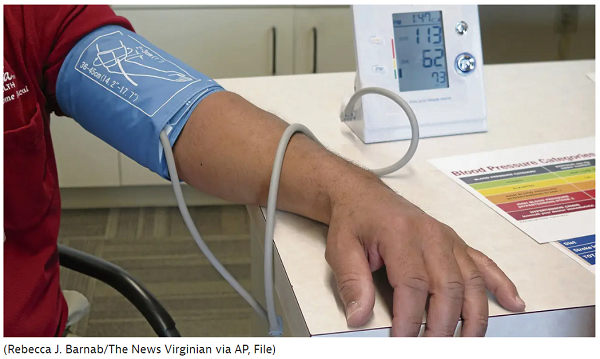Leaked documents reveal patient safety issues at Amazon’s One Medical
By Caroline O’Donovan
June 15, 2024

Since Amazon acquired the primary-care service One Medical, elderly patients have been routed to a call center — staffed partly by contractors with limited training — that failed on more than a dozen occasions to seek immediate attention for callers with urgent symptoms, according to internal documents seen by The Washington Post.
When one patient reported a “blood clot, pain and swelling,” call center staff scheduled an appointment rather than escalating the matter for medical evaluation, according to a note in an internal incident tracking spreadsheet dated Feb. 19.
Over the following two days, clinical staffers flagged four more call-center errors involving elderly patients with urgent complaints, including stomach pain and blood in stool, a spike in blood pressure, an insect bite and sudden rib pain, according to the internal spreadsheet.
The call-center incidents were among dozens flagged by doctors, nurses and assistants at One Medical Seniors between Feb. 19 and March 18 in the documents, a year after Amazon acquired the primary-care service. One Medical began routing elderly patients to the call center in Tempe, Ariz., staffed partly by newly hired contractors with limited training and little to no medical experience, according to internal documents seen by The Post and interviews with four current and former One Medical workers.
Since Amazon formally acquired One Medical in February 2023 in a $3.9 billion deal, the company has alarmed patients and employees by eliminating free rides, shortening appointments and laying off staff. Now evidence of potentially life-threatening situations at the Tempe call center is raising fresh concern that Amazon’s frugal approach to health care may be imperiling patient safety.
“There were a lot of things slipping through the cracks,” said a former One Medical employee, who like others interviewed for this article spoke on the condition of anonymity to avoid professional retaliation.
With its devotion to “customer obsession” and convenience, Amazon argues that it can add value to America’s broken health-care system, which is plagued by long waits, high costs and rampant inefficiencies. But since launching a push into health care in 2018, Amazon has struggled to protect patient privacy, deliver quality care, and find a business model that works for customers.
In April, Amazon CEO Andy Jassy acknowledged that the company’s approach to health care “can sometimes feel random.” But he said he remains optimistic and Amazon recently ratcheted up its efforts, offering One Medical membership discounts to Prime members.
When Amazon acquired One Medical, it included two businesses: An upmarket $199-a-year subscription primary care service that allows patients to use an app to book doctor appointments at clinics throughout the United States and Iora Health, a clinic for chronically ill patients largely reliant on Medicare.
In 2022, the year Amazon bought One Medical, Medicare funding made up a little over half of its annual revenue of $1.05 billion. Amazon declined to provide updated figures to The Post.
Amazon said it created the Tempe call center for its senior patients last year “to increase access and quality of care.” Amazon founder Jeff Bezos owns The Post.
Asked to respond to the incidents, Amazon spokeswoman Dawn Brun responded via email: “While we are confident in our safety protocol … we take feedback from our providers seriously and will always address anything that is less than a great experience.” Brun added that Amazon doesn’t get involved in One Medical patient care decisions.
Amazon said it was not aware of any patients who were harmed because of call center errors.
Natalie Benda, an assistant professor at the Columbia School of Nursing, said creating a call center like the one in Tempe could indeed improve patient access to medical care. But “if it’s not done by someone who is trained appropriately,…
[READ THE COMPLETE ARTICLE HERE]
